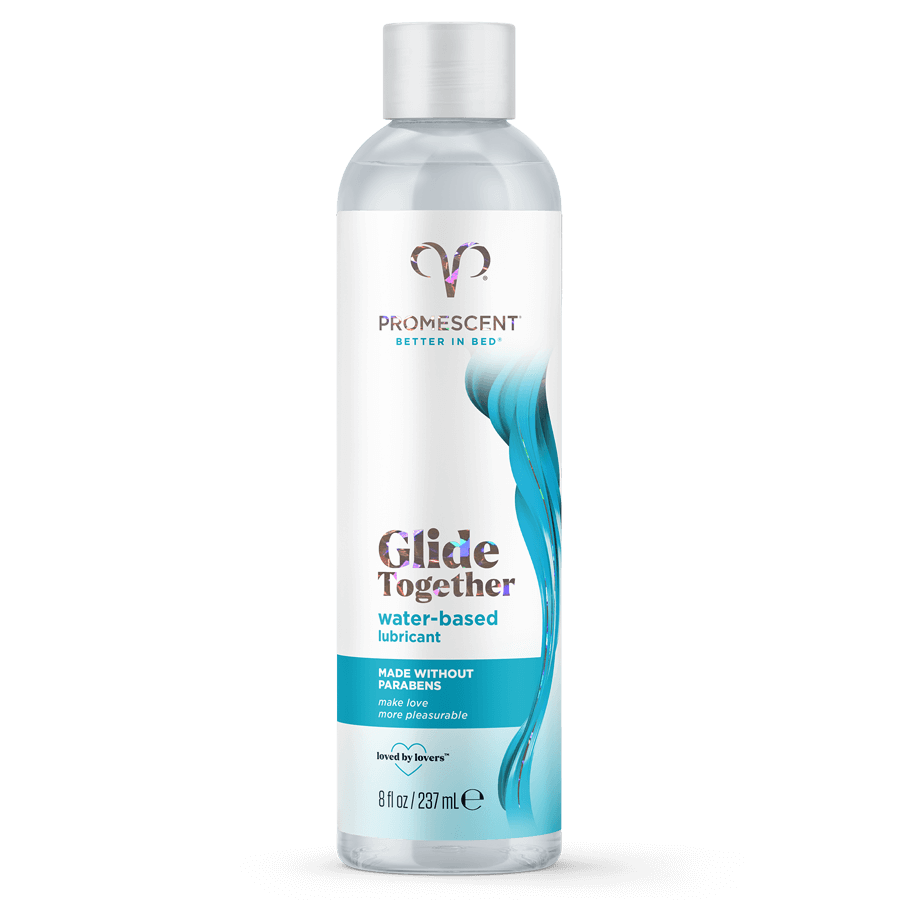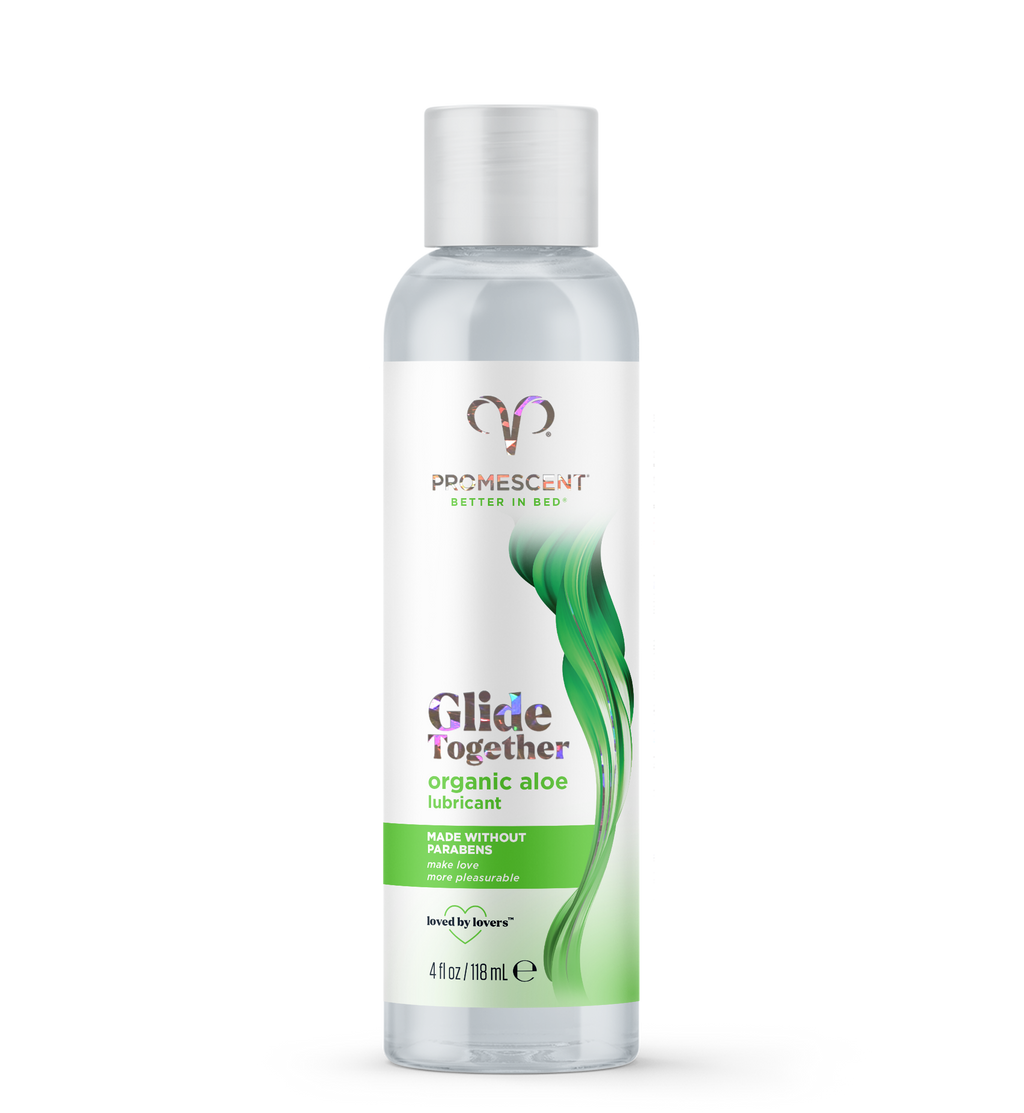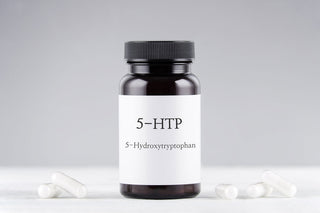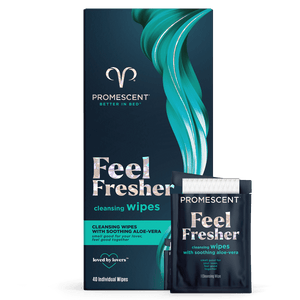Question
My partner and I recently started using personal lubricants during intimacy as I was having some pain during intercourse. We also use condoms, but were sure if it would come with risks.
We're still exploring what lubes and condoms provide the most sensory benefit for each of us.
Which lubes are safe to use with the different types of condoms?
To determine what types of lubes can be used with condoms, you first have to look at what type of condom you're using and how it interacts with the base ingredients of any certain lube.
Both latex and non-latex condoms hold up better to certain types of lube.
When you are shopping for lube, you will find that all products are formulated with certain base ingredients.
The most common are:
- Water-based
- Silicone-based
- Oil-based
- Or a hybrid of two or more
Hybrid lubricants contain a few base ingredients, such as silicone and water or oil and silicone.
Latex Condoms and Lube
With latex condoms, water and silicone-based lubes are the best options.
Even though oil-based lube may seem like it works just fine, the oil can actually degrade the quality of the latex and make it more likely to tear or rip during sex.
- Water-based Lubricant: ✓
- Silicone-based Lubricant: ✓
- Oil-based Lubricant: ✕
- Hybrid-based Lubricant: As long as the hybrid formula does not contain oil
Polyurethane Condoms and Lube
Polyurethane condoms appear to be the most dynamic material that does not degrade with use of oil based lubricants.
These condoms can be used with every type of lubricant.
- Water-based Lubricant: ✓
- Silicone-based Lubricant: ✓
- Oil-based Lubricant: ✓
- Hybrid-based Lubricant: ✓
Polyisoprene Condoms and Lube
Polyisoprene condoms are are made from isoprene rubber, the same material that makes up a majority of natural rubber products.
These condoms are similar hold up to the different types of lubricants similarly to latex condoms.
Oil-based lubes should not be used with polyisoprene condoms.
- Water-based Lubricant: ✓
- Silicone-based Lubricant: ✓
- Oil-based Lubricant: ✕
- Hybrid-based Lubricant: As long as the hybrid formula does not contain oil
Lambskin Condoms and Lube
Lambskin condoms are a type of natural condom that is thought to provide some heightened sensations.
Users of lambskin condoms often report higher levels of sensitivity and great body heat transference to make things feel more natural.
They are typically more expensive than latex, polyurethane, or polyisoprene condoms, but can be used with all types of lubricants.
- Water-based Lubricant: ✓
- Silicone-based Lubricant: ✓
- Oil-based Lubricant: ✓
- Hybrid-based Lubricant: ✓
Takeaways
Beyond consideration of the type of condom material and how it could be affected by certain lube ingredients, you also have to consider sensations and other factors as well.
If you are using something like polyurethane condoms that work with just about any type of lube, you have options.
Should you decide to venture away from latex condoms (latex condoms make up nearly 80% of the supply) for allergy or other concerns, it will be best to check the production information on the box to determine how to best use each condom.
The Content is not intended to be a substitute for professional medical advice, diagnosis, or treatment. Always seek the advice of your physician or other qualified health provider with any questions you may have regarding a medical condition
Things You May Like
Water Lube
Never sticky, toy and condom compatible
$15.99
Learn More
Organic Aloe Lube
Organic Aloe Vera, condom safe, glycerin and paraben free
$14.99
Learn More
Silicone Lube
Long-lasting, water resistant - good for shower and bath play
$16.99
Learn More
Related articles











